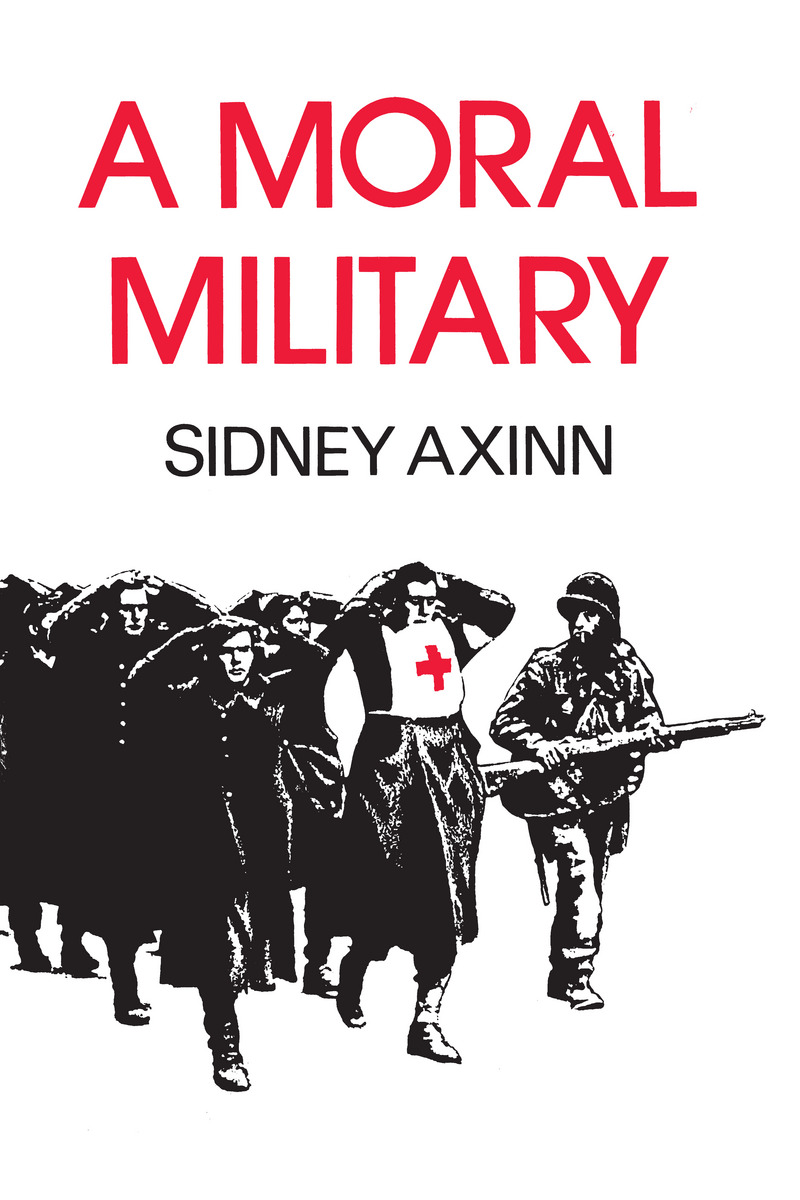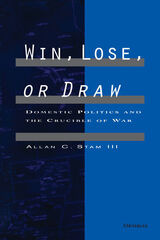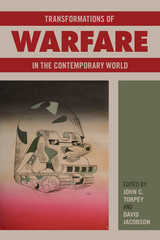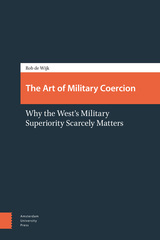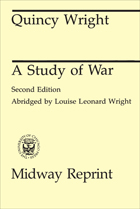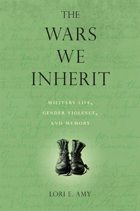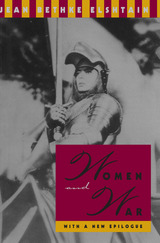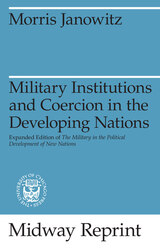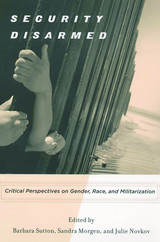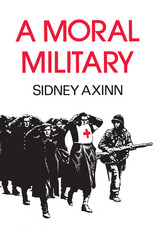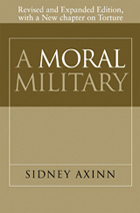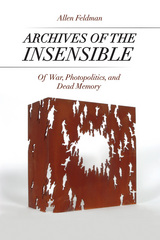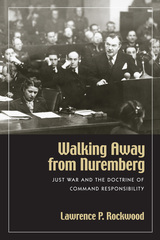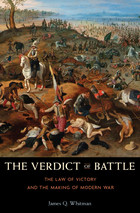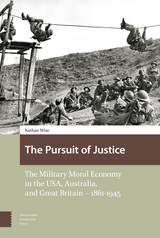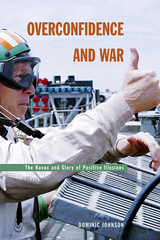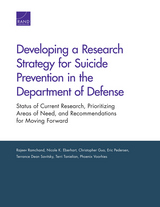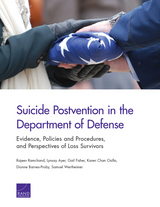A Moral Military
Temple University Press, 1990
Cloth: 978-0-87722-615-4 | Paper: 978-0-87722-780-9
Library of Congress Classification U22.A95 1989
Dewey Decimal Classification 172.42
Cloth: 978-0-87722-615-4 | Paper: 978-0-87722-780-9
Library of Congress Classification U22.A95 1989
Dewey Decimal Classification 172.42
ABOUT THIS BOOK | REQUEST ACCESSIBLE FILE
ABOUT THIS BOOK
"Sidney Axinn addresses the hardest questions raised by the experience of war and argues his way to clear and forthright answers. His book is a virtuoso display of intellectual energy and moral courage."
--Michael Walzer, Institute for Advanced Study
Should a good soldier ever disobey a direct military order? Are there restrictions on how we fight a war? What is meant by "military honor," and does it really affect the contemporary soldier? Is human dignity possible under battlefield conditions? Sidney Axinn considers these basic ethical questions within the context of the laws of warfare and answers "yes" to each of these questions. In this study of the conduct of war, he examines actions that are honorable or dishonorable and provides the first full-length treatment of the military conventions from a philosophical point of view.
Axinn gives a philosophical analysis of the "Laws of Warfare" as found in the Hague and Geneva Conventions, which have been agreed to by almost every nation in the world. The aims of his study are to establish a basic twentieth-century framework for moral military action and to assist military personnel in analyzing their won professional ethic. Stating that moral reasoning is required by people in military uniform in a wide variety of situations, the author examines the question of the limits of military obedience.
Axinn argues for the seriousness of the concept of military honor but limits honorable military activity by a strict interpretation of the notion of war crime. Major chapters deal with military honor, prisoners of war, spying, war crimes, the dirty-hands theory of command, nuclear weapons, terrorism, and covert operations.
This philosophical study of the line between honorable and dishonorable military action cautions that in compliance with the war conventions professional military personnel and knowledgeable civilians must not lose their moral nerve nor abandon honor to satisfy immoral political requests.
"This is an excellent and long-overdue text on the ethics of the profession of arms. It will be welcomed by both students and instructors due to its straightforward yet entertaining approach to this complex subject. I recommend it highly for both the professional soldier and the citizen concerned with the way his or her country conducts its defense."
--LTC John Nugent, USA
"In order to make warfare more humane, the [Geneva and the Hague] Conventions require nations to teach their provisions to their entire military and civilian populations. This book is written to promote and achieve that end, to defend the rules of war and to explain the reasons for them. …it goes a long way toward teaching the basic Conventions of war and showing strong reasons for following them."
--Choice
"An interesting read. If war is immoral, can a war be fought morally? According to Axinn, yes."
--Reference and Research Book News
--Michael Walzer, Institute for Advanced Study
Should a good soldier ever disobey a direct military order? Are there restrictions on how we fight a war? What is meant by "military honor," and does it really affect the contemporary soldier? Is human dignity possible under battlefield conditions? Sidney Axinn considers these basic ethical questions within the context of the laws of warfare and answers "yes" to each of these questions. In this study of the conduct of war, he examines actions that are honorable or dishonorable and provides the first full-length treatment of the military conventions from a philosophical point of view.
Axinn gives a philosophical analysis of the "Laws of Warfare" as found in the Hague and Geneva Conventions, which have been agreed to by almost every nation in the world. The aims of his study are to establish a basic twentieth-century framework for moral military action and to assist military personnel in analyzing their won professional ethic. Stating that moral reasoning is required by people in military uniform in a wide variety of situations, the author examines the question of the limits of military obedience.
Axinn argues for the seriousness of the concept of military honor but limits honorable military activity by a strict interpretation of the notion of war crime. Major chapters deal with military honor, prisoners of war, spying, war crimes, the dirty-hands theory of command, nuclear weapons, terrorism, and covert operations.
This philosophical study of the line between honorable and dishonorable military action cautions that in compliance with the war conventions professional military personnel and knowledgeable civilians must not lose their moral nerve nor abandon honor to satisfy immoral political requests.
"This is an excellent and long-overdue text on the ethics of the profession of arms. It will be welcomed by both students and instructors due to its straightforward yet entertaining approach to this complex subject. I recommend it highly for both the professional soldier and the citizen concerned with the way his or her country conducts its defense."
--LTC John Nugent, USA
"In order to make warfare more humane, the [Geneva and the Hague] Conventions require nations to teach their provisions to their entire military and civilian populations. This book is written to promote and achieve that end, to defend the rules of war and to explain the reasons for them. …it goes a long way toward teaching the basic Conventions of war and showing strong reasons for following them."
--Choice
"An interesting read. If war is immoral, can a war be fought morally? According to Axinn, yes."
--Reference and Research Book News
See other books on: 1724-1804 | Axinn, Sidney | Kant, Immanuel | Military ethics | Moral Military
See other titles from Temple University Press
